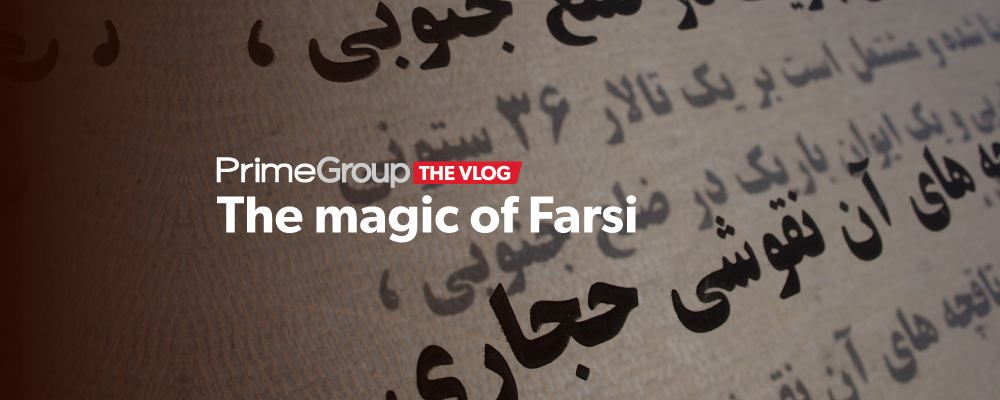Welcome, language and culture adventurers! In this article we will set sail into the turbulent waters of history, navigate the vast ocean of Germanic languages, and discover the hidden gems of their connection with Spanish. From the lands of ice and fire of the Vikings to the medieval castles of Germanic Europe, prepare for an epic journey through the world of words and their secrets.
Introduction to Germanic Languages
First, let’s map our trip. The Germanic languages, divided into three large groups – Nordic, Western and Eastern – are descendants of a common language: Proto-Germanic. Imagine a linguistic family tree, with branches extending to English, German, Dutch, or Frisian, and north to Swedish, Norwegian, Danish, and even the extinct Gothic. Each language opens a window to different cultures and times.
German – A Universe of Dialects and Words
Let’s enter the German jungle. Here, the dialects are so many and so varied that you could travel from town to town encountering a new ‘language’ at each stop. And the words, ah, the words! German has terms that capture emotions so specific that they have no direct translation in other languages. ‘Wanderlust’, for example, reflects the desire to explore, to travel, a sensation that we surely all share here.
Beyond German – The Other Germanics
Now, let’s expand our horizon to other Germanic treasures. English, that global globetrotter, but also the guardians of the north: Swedish, Norwegian and Danish, brothers who share Viking roots and secrets between their sounds. And let’s not forget Dutch, a bridge between English and German, or fascinating Icelandic, almost a living museum of Old Norse. Each of these languages carries within itself stories of kings and conquests, of discoveries and encounters.
Spanish Connections – Germanic Echoes in the Iberian Peninsula
The Germanic traces in Spanish are like fingerprints left by the Visigoths and other travelers from the north who settled on the peninsula such as the Suebi. The vestiges of these Germanic ancestors appear even in surnames such as Maestre or Gutiérrez, not to mention the Visigothic names of those kings Hermenegildo, Recaredo, Recesvinto, Leovigildo. Regarding names, see if you have any of these or know someone with that name… The list is very long, here are some examples:
Álvaro: means ‘he who is very prudent’
Baldomero: means ‘renowned fighter’
Enrique: yes meaning is ‘head of the house’
Ernesto: means ‘he who is determined’
Federico: means ‘leader or boss who seeks peace’
Fernando: means ‘one who is protective’ and ‘daring’
Francisco: means ‘free man carrying the spear’
Froilán: its translation is ‘master’ or ‘owner’
But there are many words in Spanish of Germanic origin and they are everyday terms. Here are a few
Blank (from Blank meaning “empty”)
Yelmo (de Helm)
Toast or Toast (from Bring dir is which means “I offer it to you”)
Cobalt (from Kobalt)
Nickel (from Nickel)
Mustache (from Bei Gott meaning “by God”)
Spy (from Gothic spaíha)
Fresh (from Germanic frisk)
Guarecer (from the Germanic *warjan, to protect)
War (from Germanic *werra, quarrel, discord; from Old German wërra;
Rico (from Gothic reiks)
Distaff (from Germanic rokko)
Are there any Germanic languages you would like to explore? Tell us in the comments.



